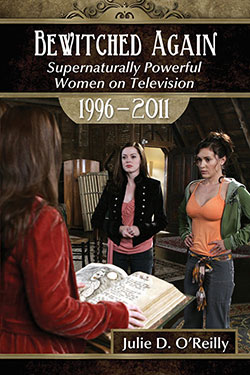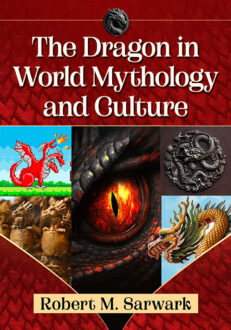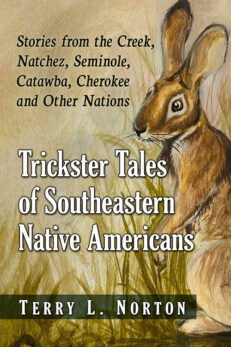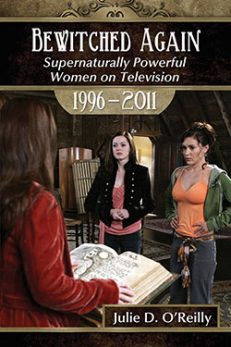Bewitched Again
Supernaturally Powerful Women on Television, 1996–2011
$29.95
In stock
About the Book
Starting in 1996, U.S. television saw an influx of superhuman female characters who could materialize objects like Sabrina, the Teenage Witch, defeat evil like Buffy the Vampire Slayer and have premonitions like Charmed’s Phoebe. The extraordinary abilities of these women showed resistance to traditional gender roles, although these characters experienced infringements on their abilities in ways superpowered men did not.
Supernaturally powerful women and girls have remained on television, including the heavenly connected Grace (of Saving Grace), telepathic Sookie (of True Blood), and magical Cassie (of The Secret Circle). These more recent characters also face numerous constraints on their powers. As a result, superpowers become a narrative technique to diminish these characters, a technique that began with television’s first superpowered woman, Samantha (of Bewitched). They all illustrate a paradox of women’s power: are these characters ever truly powerful, much less superpowerful, if they cannot use their abilities fully? The superwoman has endured as a metaphor for women trying to “have it all”; therefore, the travails of these television examples parallel those of their off-screen counterparts.
About the Author(s)
Bibliographic Details
Julie D. O’Reilly
Format: softcover (6 x 9)
Pages: 248
Bibliographic Info: 20 photos, notes, bibliography, index
Copyright Date: 2013
pISBN: 978-0-7864-4711-4
eISBN: 978-1-4766-0161-8
Imprint: McFarland
Table of Contents
Acknowledgments ix
Introduction 1
Chapter 1 Samantha as Archetype 23
Chapter 2 Misreading the Superpowerful Female Body 44
Chapter 3 Masquerade of Selflessness 68
Chapter 4 Surveillance of Female Superpower 95
Chapter 5 Female Empowerment on Trial 122
Chapter 6 Sacrifice and Sanctuary 151
Conclusion 187
Chapter Notes 201
Bibliography 209
Television Episodes, Telefilms and Feature Films Cited 219
Index 229
Book Reviews & Awards
- “an enlightening scholarly text…fascinating”—Feminist & Women’s Studies Association
- “the scope of O’Reilly’s work is impressive, in terms of both the television shows it addresses as well as the theoretical paradigms from which it draws”—Journal of the Fantastic in the Arts





